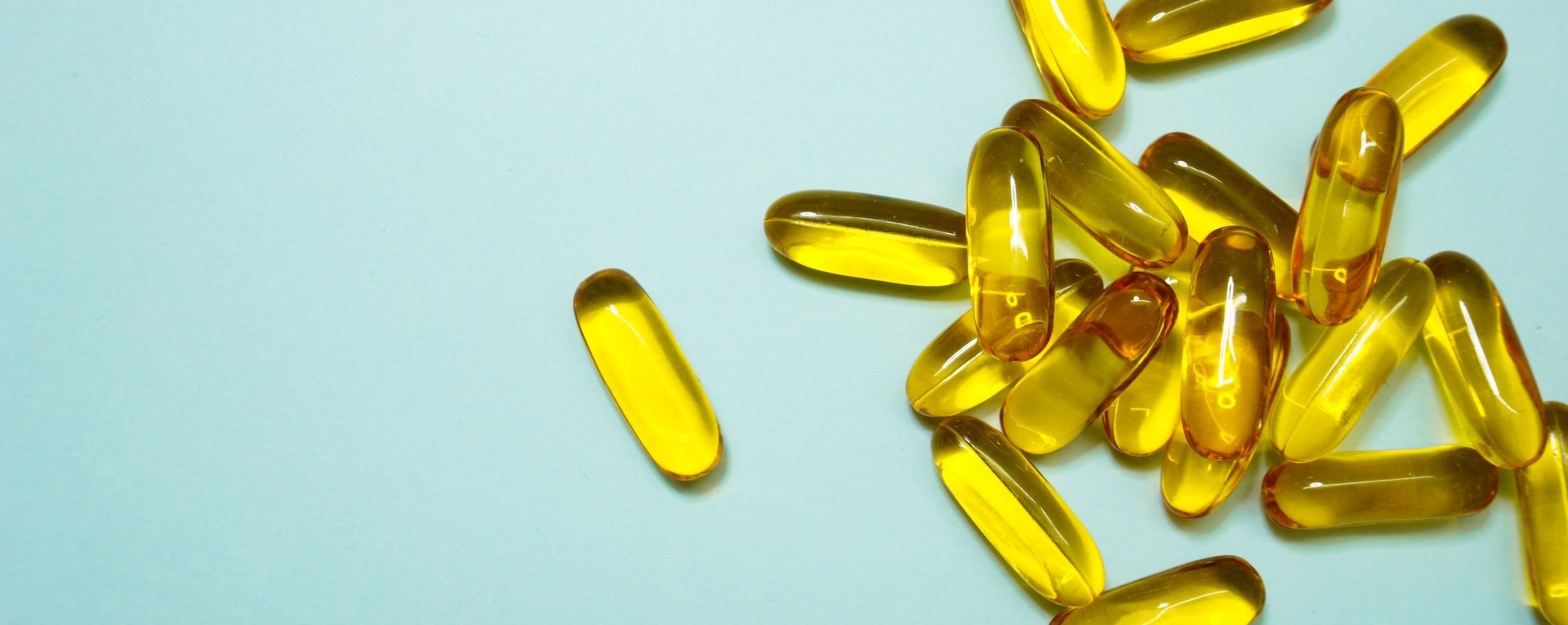👀 Pause the scroll and spend a minute with me…
Ready for a crash course in exactly what happens at the cellular level when you eat too much sugar at once?
(let’s say—a big gulp slushie 🥤)
When the sugar hits your digestive tract, it’s absorbed into your bloodstream as glucose (aka blood sugar)...
…which signals beta cells in your pancreas to release insulin (a hormone) into the blood as well.
⚠️ Remember this: because we’re dealing with a slushie here, a large spike in blood sugar triggers a large spike in insulin.
Insulin facilitates the movement of glucose into cells so it can be used as energy 👏👏
Sounds great EXCEPT…
Because of the sudden nature and magnitude of the sugar spike and insulin spike, glucose is quickly moved into cells and blood sugar drops dramatically (the CRASH 🫨)
Cue hunger, cravings, shakiness, brain fog, anxiety, you-name-it.
👉 The point is that our bodies were not made to deal with excessive sugar intake.
If repeated day in and day out, eating high amounts of sugar or refined carbs without healthy fats, fiber, and protein…
…is the main cause of insulin resistance.
If you’re still with me, like ❤️this post and follow 🚶♀️for my upcoming posts on how to keep a healthy blood sugar balance.





